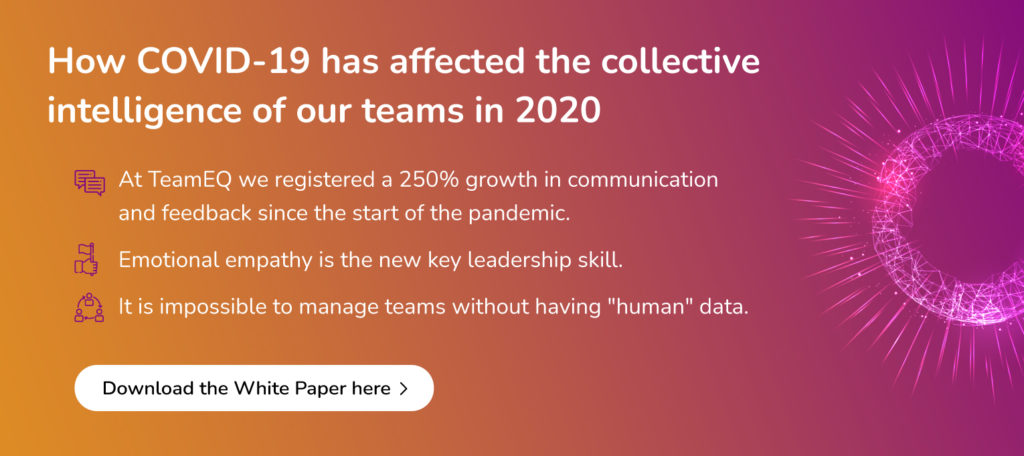Less is More. Which data can help us take better decisions?
When it comes to HR data analytics, it’s not how much you’ve got. It’s how you choose to use it. Even the most sophisticated data harvesting and computational techniques can fall short, or lead us to erroneous and potentially damaging conclusions, without the insights needed to interpret the real meaning behind the data.
The essence of analytics is about using data to gain the knowledge that enables better decision making and performance. With the increasing amount of data available to HR due to the implementation of more connected ways of working, the question remains: Amidst all the noise, how can we identify the data that will allow us to make the decisions that will help us to improve the well-being and performance of our teams?
Identifying the data that matters
The key is to focus on the small amount of data that is relevant and essential to make those big decisions. According to Pareto’s Principle, 80% of outcomes can be ascribed to 20% of causes. Therefore, if you can identify the team variables that have a greater impact on results, you can optimize your time and resources better. Measure less data, but make sure it’s the data that counts.
To do that, you don’t need to become a data expert to improve your analytical abilities. Aspects like active listening, real-time analysis and a ‘human-centric’ approach will help you to integrate analytical and evidence-based skills into your day-to-day activities. And, most importantly, help you to avoid missing that crucial piece of data that can make all the difference when it comes to taking vital decisions.
While every team presents its own challenges, there are some rules to data analysis that are proven to produce better results:
- Data analysis should always be focused on collecting and assessing evidence to make decisions with real business implications. Try and concentrate on the evidence that impacts the key variables you have identified in each specific team.
- Before beginning, make sure you’re asking the right questions. For example: what are my ultimate goals? How can I better understand the issues that are specific to my team? And, how can I start to turn data into decisions?
- Take advantage of the right tools. Platforms like TeamEQ use predictive algorithms and a systemic approach to provide actionable KPIs that can be clearly incorporated into your data analysis project.
- Focus on the team! Collecting individual data without taking into account overall team dynamics will give you an inaccurate picture and could lead you towards the wrong decisions.
- Understand the limitations of data and statistics. Bad data may produce interesting results but fail to improve well-being and productivity. For example, subjective data (e.g., engagement, net-promoter score) are far less valuable than objective data.
- Open you ears and listen to different perspectives. We limit opportunities for learning when we only listen to people who agree with our existing opinions.
- The ability to ask questions and reframe problems is often more important than being a data science expert. Everyone on a team can add value to an analytics project.
- Getting the right data is only the beginning of the project. The next stage is even more important: telling a story around the data. Data doesn’t change minds on its own. But the story you build around it can.
Platforms like TeamEQ are leading the way to a new era of human-centric data analysis. Using sophisticated AI, these new tools can help you to collect smaller amounts of data, but with a bigger impact on the overall success of your decision making.
Because, in today’s complex reality HR analytics is no longer a ‘nice to have’. It’s a ‘must have’ that could make all the difference to the productivity and well-being of your teams.
Find out how TeamEQ can help you to improve your data-based decision making by taking a demo today.




